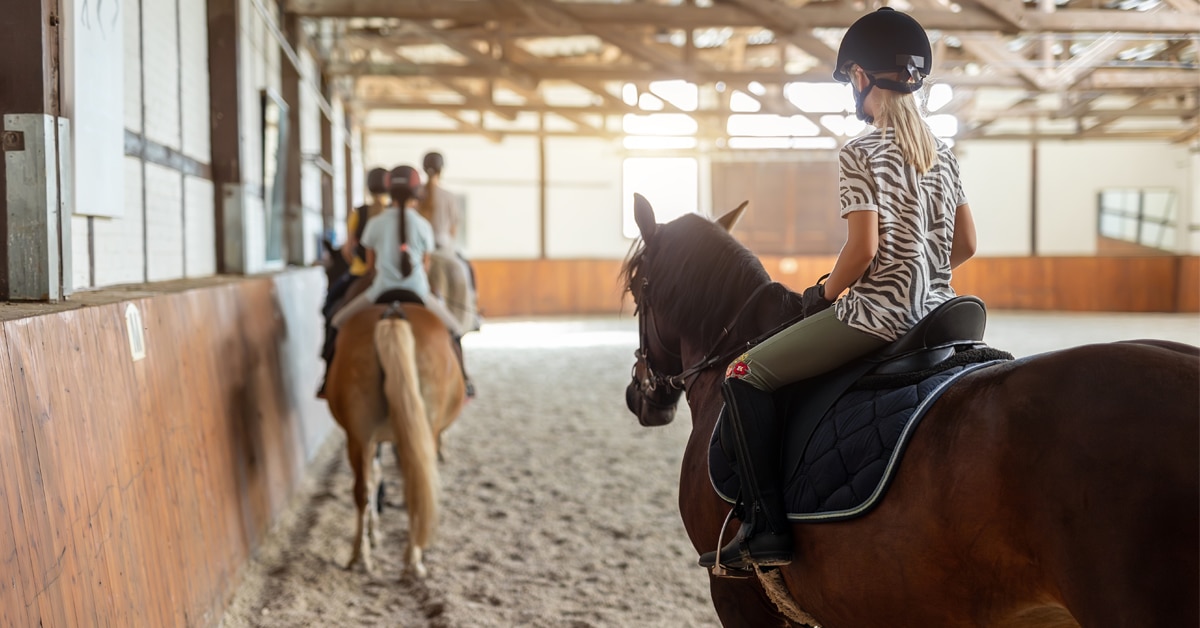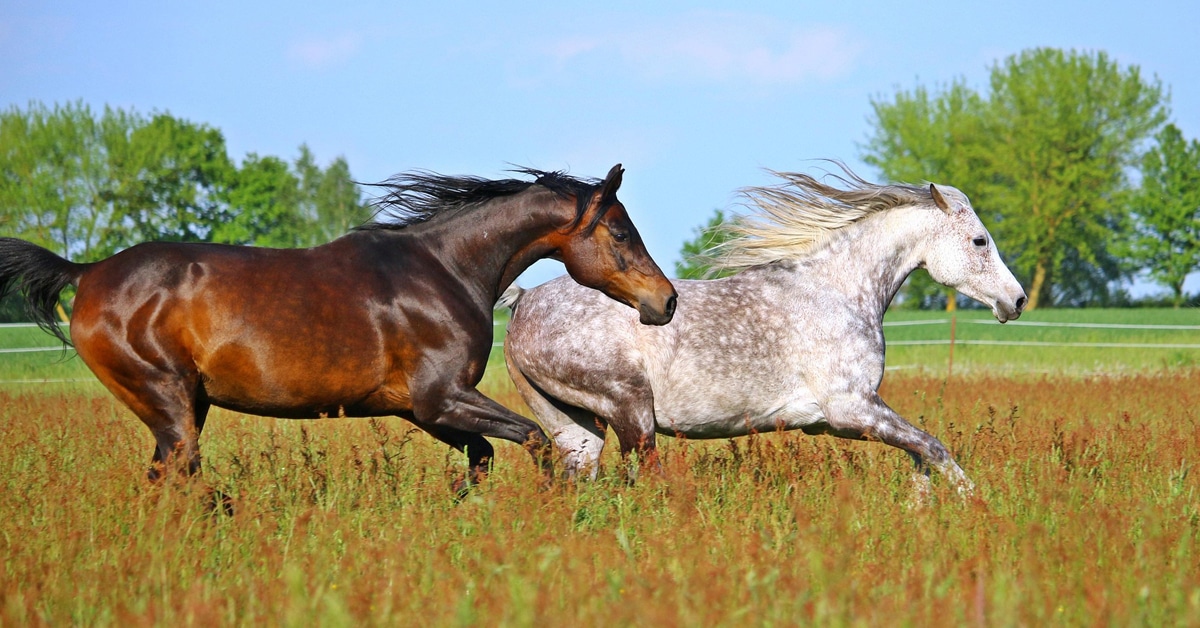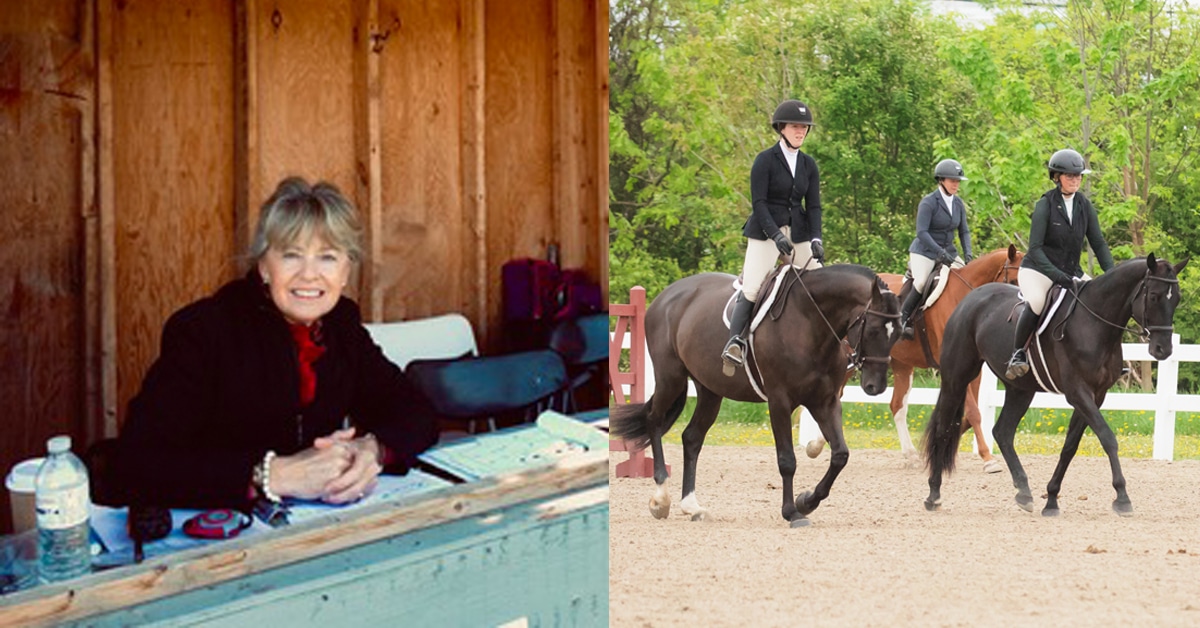A horse’s gut is a complex ecosystem, hosting a wide variety of microorganisms that play a crucial role in digesting the fibrous diet horses consume. Key among these microorganisms are fibrolytic bacteria, essential for breaking down cellulose and hemicellulose in plant cell walls into nutrients the horse can absorb. These bacteria are necessary for horses to extract energy from their primary food sources like hay and grass.
However, foals are not born with these essential bacteria in their gastrointestinal tract (GIT). These microorganisms colonize the gut, a critical process that begins early in a foal’s life. As highlighted by a University of Kentucky Martin-Gatton College of Agriculture, Food and Environment study published in MDPI animals, one of the natural behaviors facilitating this process is coprophagy, where foals consume the feces of their mothers.
“Identifying the relationship between coprophagy and the establishment of fiber-digesting bacteria in the foal is an exciting step, adding another piece of the puzzle in understanding the foal’s microbiota and some influential factors,” said first author Morgan Pyles, equine science lecturer at the University of Minnesota Crookst and former graduate student within UK’s Department of Animal and Food Sciences. “Some of our other research aimed to investigate mare milk composition and yield. Understanding more about these factors, like coprophagy and milk composition, are important for developing management strategies for broodmares and also for rearing orphan foals.”
Coprophagy might initially sound unsettling, but it’s a behavior seen in many animals and serves an important purpose. For foals, eating their mother’s feces is a way to ingest beneficial microbes that they need to kickstart their gut ecosystem. The study specifically focused on how this behavior helps establish fibrolytic bacteria in the foal’s GIT.
The researchers used an innovative approach to confirm that foals engaged in coprophagy. They fed mares chromic oxide, which doesn’t get digested or absorbed into the body and thus passes straight through the GIT. The presence of this marker in the foals’ feces directly confirmed the occurrence of coprophagy.
This bacterial colonization is crucial for the foals as they transition to a diet that includes solid food alongside their mother’s milk.
The study found a strong correlation between coprophagy and the establishment of fibrolytic bacteria in the foals’ GIT. This bacterial colonization is crucial for the foals as they transition to a diet that includes solid food alongside their mother’s milk. This process signifies a crucial milestone in enhancing their digestive abilities, allowing them to extract nutrients from fibrous plant material effectively.
These findings have practical implications for the care of foals. They underscore the importance of natural behaviors like coprophagy in the healthy development of the horse’s GIT. This could influence how breeders and caregivers manage young horses, ensuring they can engage in these behaviors, which, in turn, supports their health and growth.
“We also know from research in other species that the gastrointestinal microbiome plays a role in protecting the host from pathogens,” said co-author and Department of Animal and Food Sciences professor Laurie Lawrence. “We hope that by improving our understanding of the normal colonization process in neonatal foals we will also learn about best management practices for preventing neonatal gastrointestinal diseases such as diarrhea.”
Understanding the natural processes that contribute to the development of the gut microbiome in foals informs horse care practices and enriches the broader knowledge of microbial colonization in mammals. This emphasizes the complex connections between hosts and microbes, revealing the advanced strategies animals have developed to create and sustain a healthy gut microbiome.
The Latest










